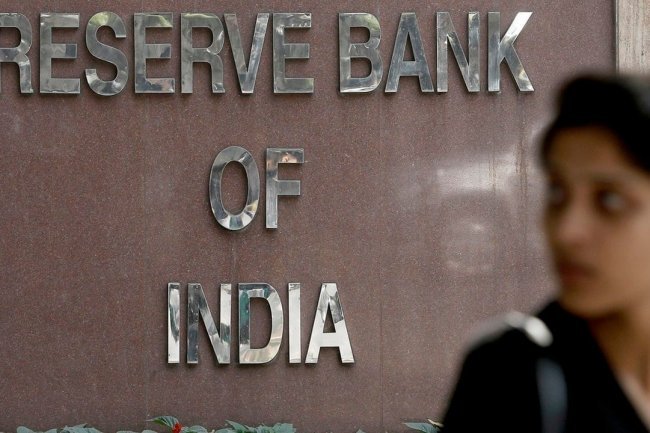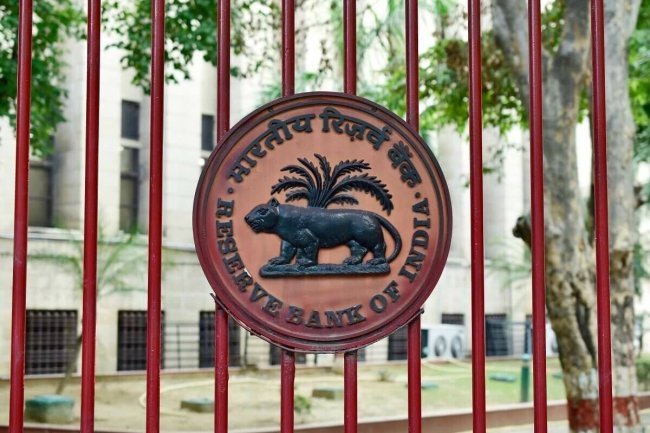India Advocates for Enhanced Information Sharing on Cross-Border Payments at FATF

India Advocates for Enhanced Information Sharing on Cross-Border Payments at FATF
India is calling for greater transparency in cross-border financial transactions, pushing for enhanced disclosures from credit card companies, fintech firms, and payment aggregators at the Financial Action Task Force (FATF). The aim is to ensure that both the sender and recipient in such transactions are easily identifiable, with this information readily available to law enforcement agencies. This move comes as part of India's broader efforts to strengthen its regulatory framework against money laundering and terrorism financing.
The FATF, an intergovernmental body that sets global standards for combating financial crimes, is expected to release its fourth-round mutual evaluation report on India on September 18. India received high praise in the previous evaluation, conducted in June, when it was placed in the "regular follow-up" category—an honor shared by only four other G20 nations. This category is the highest rating granted by the FATF, underscoring India's strong compliance with global anti-money laundering (AML) and counter-terrorism financing (CTF) standards.
Under FATF’s existing Travel Rules, data such as the sender’s and recipient’s names and the country of origin must be recorded in all cross-border transactions. However, the Policy Development Group (PDG) within FATF is currently reviewing whether this information is being effectively shared with law enforcement or if it is being masked in some way, leading to delays in investigation. India is urging for stricter disclosure norms in this context to ensure that information related to wire transfers via credit cards, payment aggregators, and fintech platforms is fully accessible without burdening the industry.
A finance ministry official noted that the primary concerns for industry stakeholders, such as credit card companies and fintech platforms, are the costs and software upgrades required to comply with enhanced transparency standards. While domestic transactions provide all necessary information for compliance, cross-border transfers pose challenges in terms of data availability.
In the upcoming FATF evaluation report, India is expected to receive positive ratings on most of the 40 parameters assessed, with priority action points to be outlined in the September 19 release. The FATF, which commended India for its high level of technical compliance during the June plenary in Singapore, has also suggested improvements in a few areas where gaps remain.
Additionally, India is advocating for changes to FATF standards regarding financial inclusion accounts, which currently involve strict requirements for opening. Alongside other developing nations, India is pushing for a lower risk categorization and simplified Know Your Customer (KYC) procedures to make it easier for underserved populations to access financial services. This push aligns with India’s broader strategy to enhance financial inclusion, particularly in light of its growing fintech sector and global recognition of innovations like the Unified Payments Interface (UPI).
As a full member of FATF since 2010, India aims to leverage its positive evaluation to bolster its international standing, particularly within the context of its expanding fintech landscape and the increasing use of the Indian rupee in global markets. Established in 1989, FATF comprises 32 member countries and two regional bodies, including the Gulf Cooperation Council (GCC) and the European Commission. The organization serves as the global watchdog for preventing money laundering and terrorist financing.
Click Here to Visit
What's Your Reaction?
















